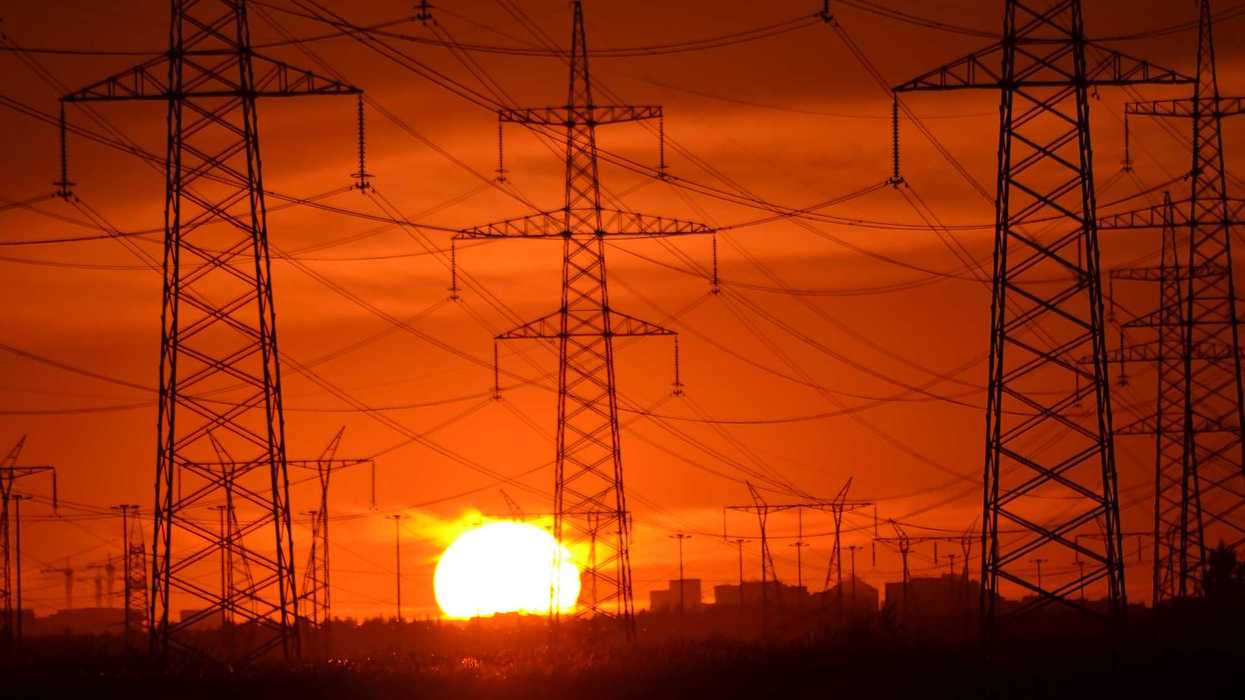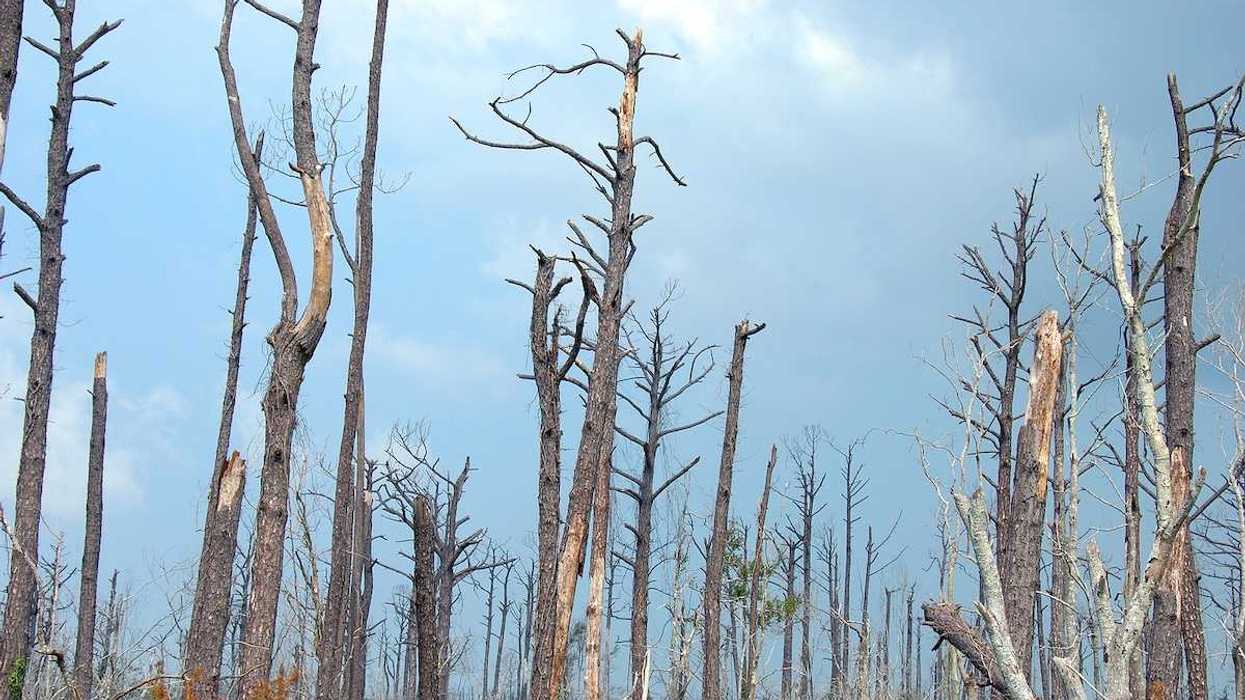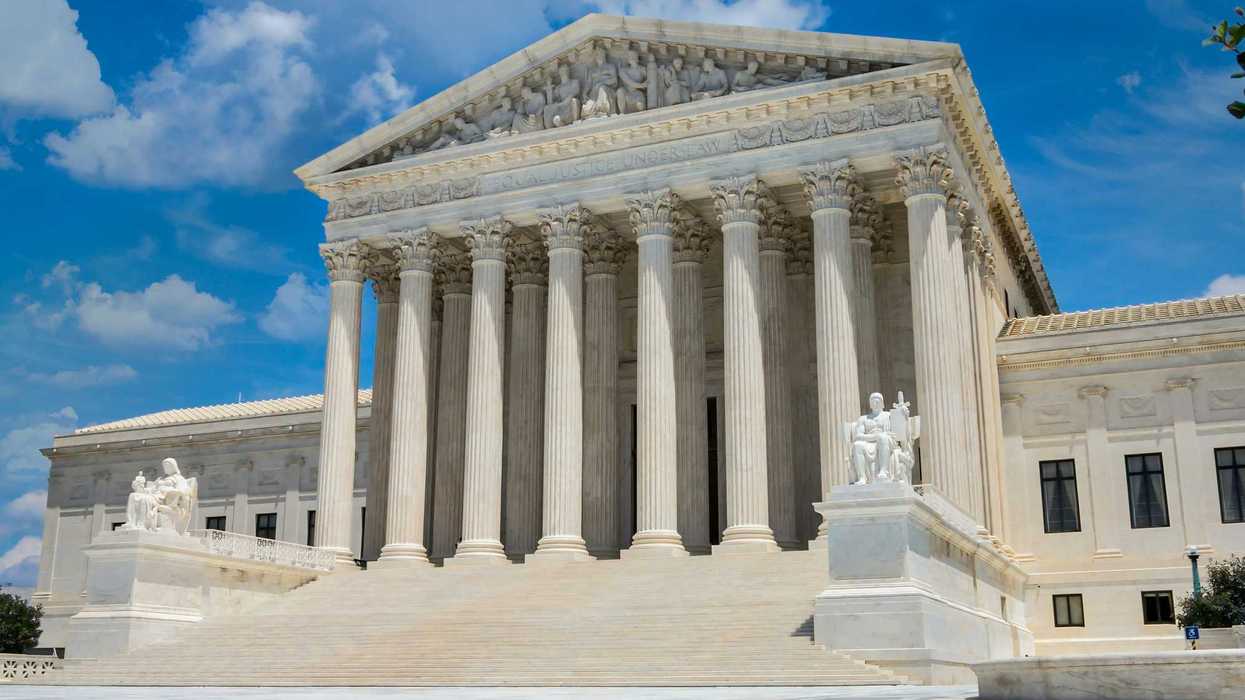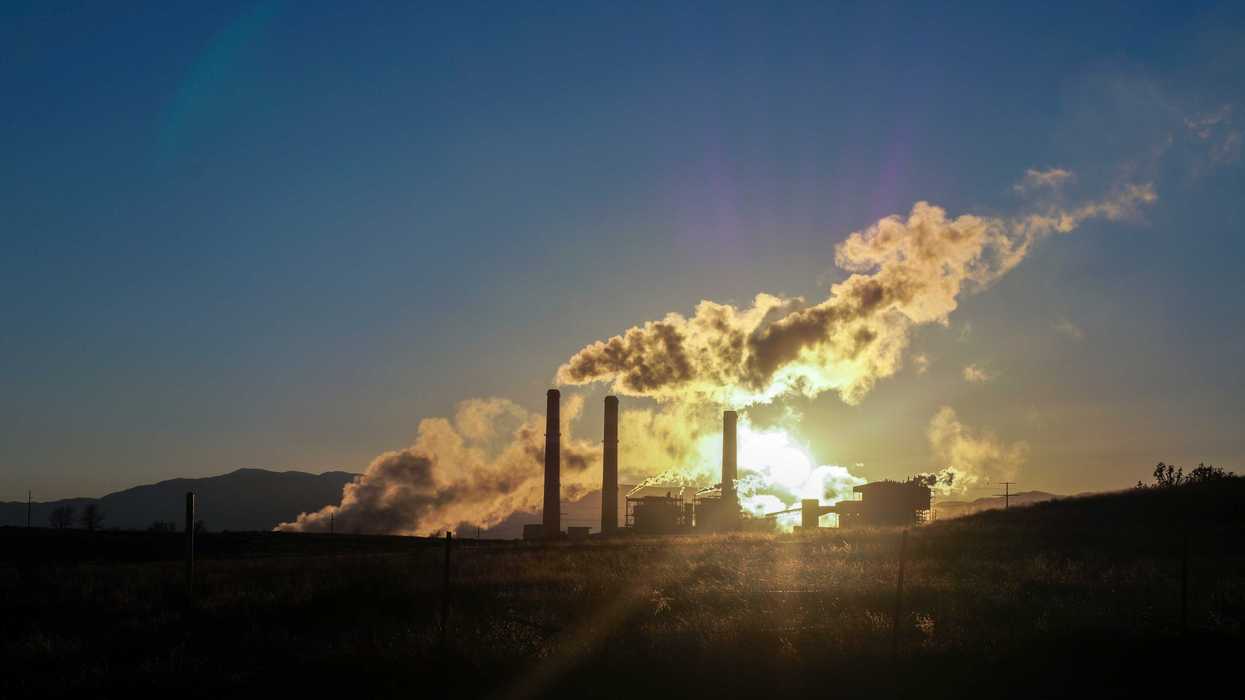The unchecked use of sewage sludge as fertilizer is spreading PFAS contamination to farms nationwide, with Maine leading the charge in banning the practice as farmers face health and environmental crises.
Molly Taft reports for The New Republic.
In short:
- PFAS chemicals, linked to severe health risks, are contaminating farms through biosolids fertilizer, impacting water, livestock and food products.
- Maine has banned biosolids on farmland and created a $60 million support fund for farmers, setting a model for tackling PFAS contamination.
- Federal regulations remain limited, leaving states to navigate the crisis alone as lawsuits against producers and the EPA escalate.
Key quote:
“Nobody wants to be tagged with the PFAS label.”
— Representative Chellie Pingree, Maine district 1
Why this matters:
PFAS, used in everything from nonstick pans to firefighting foam, has found its way into our soil, water and livestock, with devastating health impacts. Think cancer, immune disorders and reproductive problems. But while Maine is stepping up as a leader, creating a roadmap to contain the crisis, federal regulations are still playing catch-up. Lawsuits are piling up against PFAS manufacturers and even the EPA, yet the chemicals remain widespread. Read more: Dead livestock and poisoned water — Texas farmers sue over PFAS contamination.














